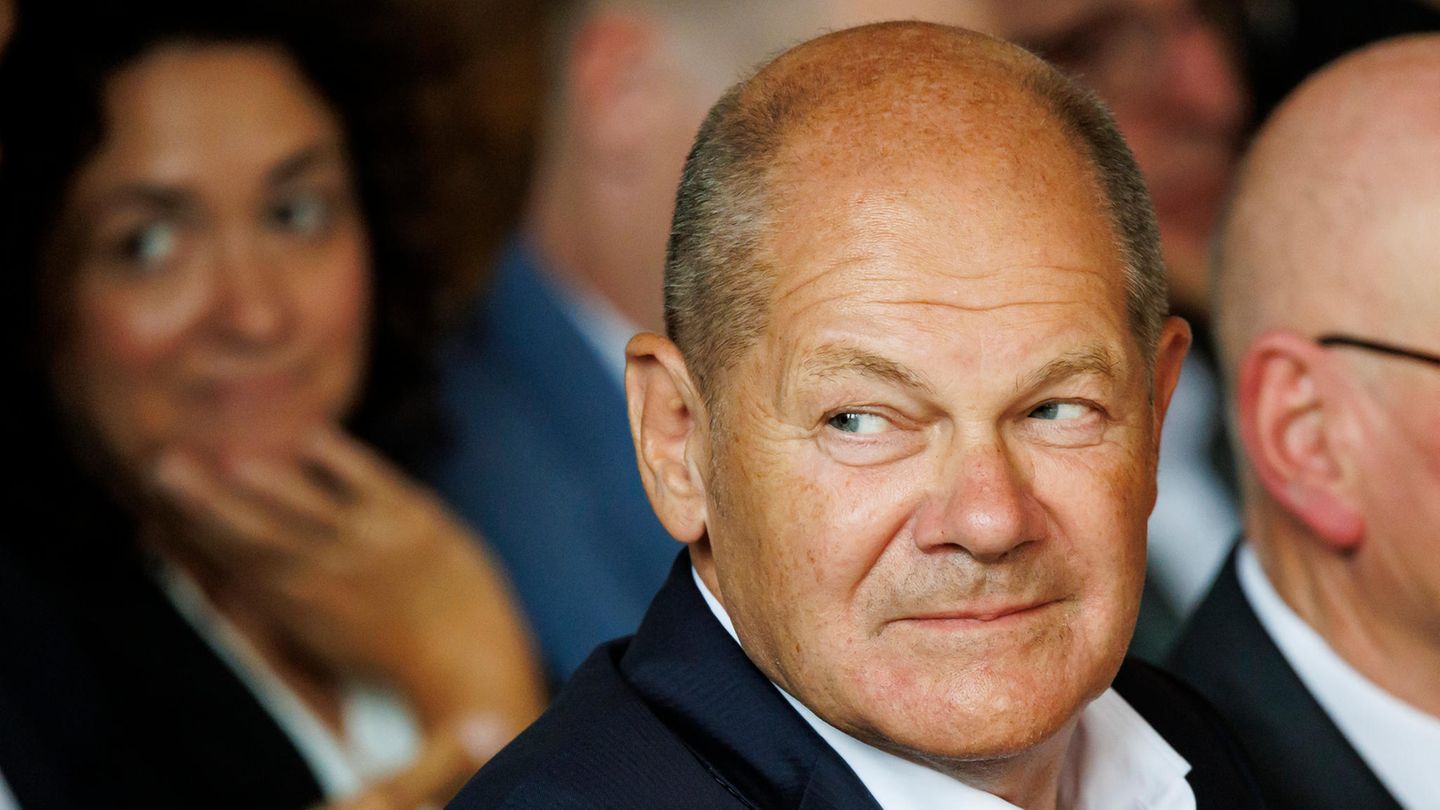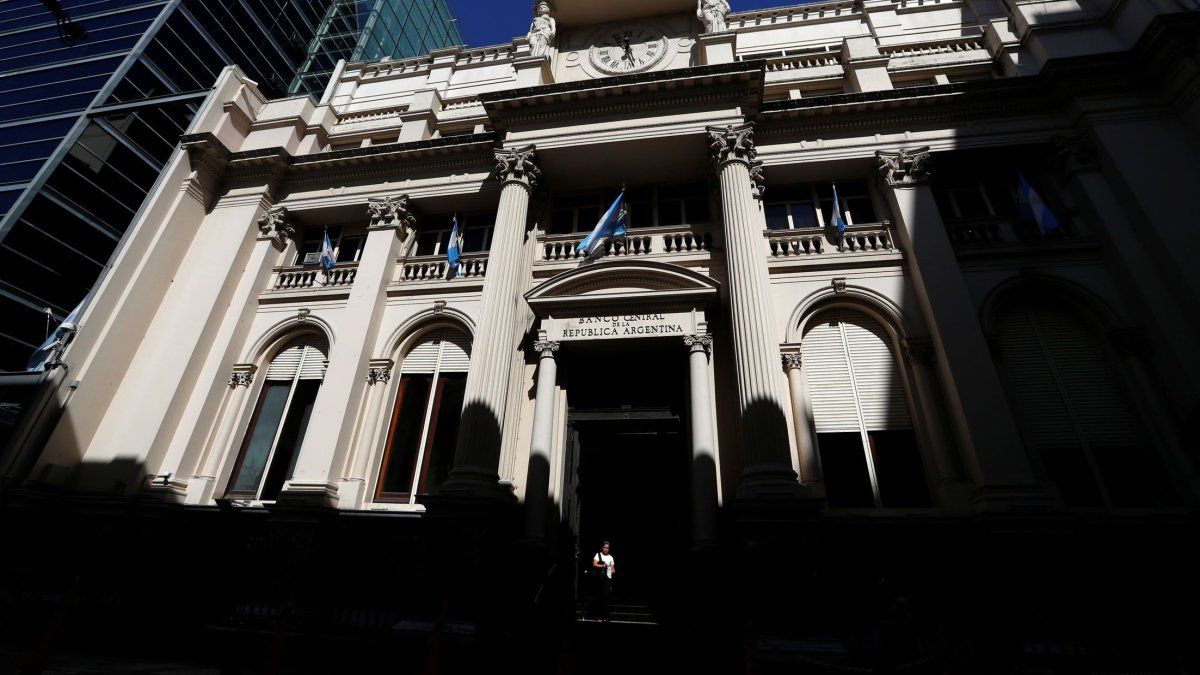Opinion
This coalition can no longer be saved, but Olaf Scholz’s chancellorship can. The new traffic light coalition failure could help his narrative make a comeback.
Now the traffic light coalition is only a “transitional government”, a coalition with the pathetic goal of making way for another one. There is hardly any other way to interpret the resigned statement by Omid Nouripour, who as co-leader of the Greens is after all a leading member of this community of convenience. With the authority of his office, Nouripour has now finally left the traffic light’s former claim to be a “progressive coalition” to the flames.
And did Olaf Scholz a small favor.
The constant quarrelling, the constant wrangling and tugging that only produced weak compromises: the traffic light coalition has long since become a source of great political disillusionment due to its style of government characterized by pugnacity and resentment. The FDP shifted to the role of internal opposition early on, in the strange hope of profiting from the growing discontent. Shortly before the state elections in East Germany, in which all three traffic light parties must fear serious defeats, the Green leadership has now joined in. Motto: What do we have to do with it?
And Scholz? He can now really succeed in the role that hardly anyone wanted to believe in him: that of the sensible and responsible head of government who just finds everything irritating. In keeping with the motto: the others moan and badmouth everything – my SPD and I will just get on with the work.
Olaf Scholz as the safest bank
The traffic light coalition may be a “transitional government” that has lost all ambition, but it will continue to exist until the end of the legislative period. Given the current poll results, no one can have any interest in a premature break, not even the Greens and FDP, who are turning away from the unpopular traffic light coalition purely for their own sake and are rhetorically promoting its self-dwarfing.
Of course, Scholz will no longer be able to find a profitable narrative for the traffic light coalition; this constellation is practically beyond saving. Especially since Scholz has already failed as a mediator and moderator of this coalition, not least in his own party, which demanded more leadership from him.
But now Scholz can provide proof of leadership – ironically, by mediating and moderating or simply banging the table. In both cases, he would be seen as the only one who understands government responsibility as such. Who doesn’t freak out while everyone else does. And who distinguishes himself with drive instead of resignation. This has been the story of the SPD and its chancellor since the beginning of the traffic light era, and it has been breathed new life into it by the latest traffic light low point.
So: just wait and see how things develop? That won’t be enough. However, the Chancellor’s party can build a strategy for the 2025 federal election on the basis of the stark contrast to the resigned coalition partners. Scholz as the safest bet: This already worked in the 2021 election campaign, especially since it is easier to campaign from office. Especially if the opponent is likely to be called Friedrich Merz. Many who are now dissatisfied with Scholz will have second thoughts in the voting booth.
Source: Stern
I have been working in the news industry for over 6 years, first as a reporter and now as an editor. I have covered politics extensively, and my work has appeared in major newspapers and online news outlets around the world. In addition to my writing, I also contribute regularly to 24 Hours World.




